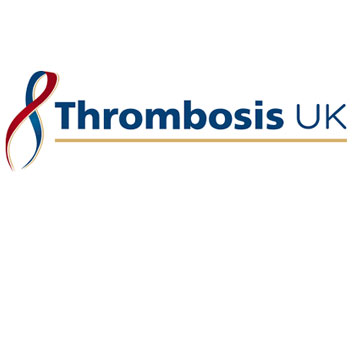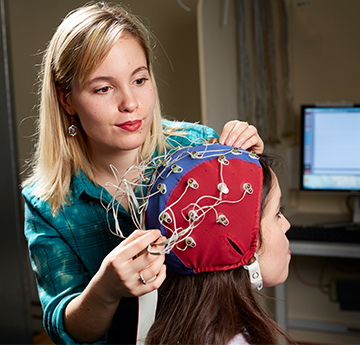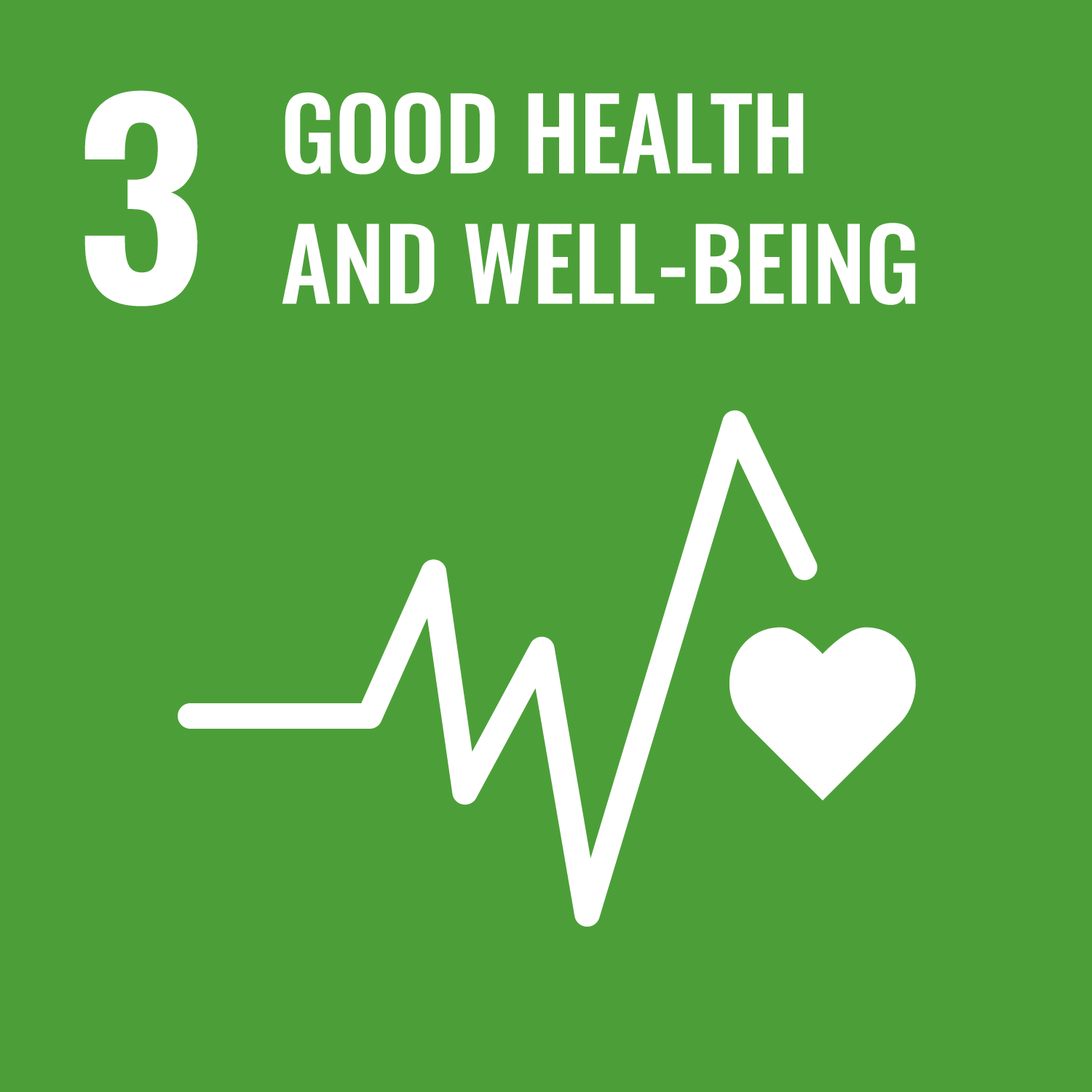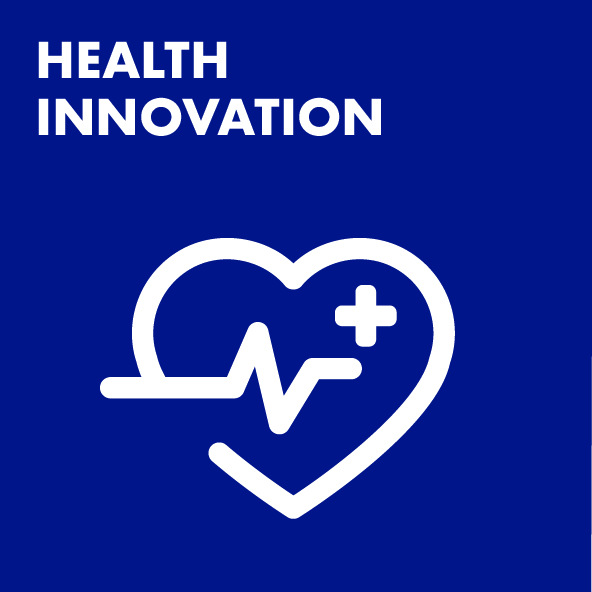The Challenge
For every 1000 patients Venous Thromboembolism (VTE) will be a major cause of long-term ill health or even death. VTE is defined by fatal or potentially fatal blood clots through the body. The experience of a VTE has the hallmarks of an event likely to cause significant psychological distress. It is typically sudden, unexpected and can be life threatening. In addition, patients have to live with the likelihood of subsequent (and likely more problematic) VTEs.
The Method
Research conducted by Professor Paul Bennett and Dr Rachael Hunter focuses on identifying and alleviating the emotional burden caused by VTE, an area to date under researched despite a wide recognition of the impact of VTE on patients.
Unpacking the problem of VTE the research was approached in two distinct strands. The first focussed on identifying the scope of the problem and the short and long-term consequences of a VTE for a patient. The second focussed on a solution to the psychological impacts of VTE with the aim of developing an intervention that would reduce VTE psychological impact.
The work associated with identifying the scale of the problem, was among the first in depth study to attempt to do this and it found that the personal consequences for a patient range from high rate of anxiety to post-traumatic stress among survivors. This psychological impact was present among 20-40% of VTE patients and could be present for at least a year.
The work focussing on an effective intervention for VTE survivors was based on cognitive behavioural principles aimed at alleviating feelings of worry and panic. The evidence from this study demonstrated the interventions used were effective and reduced the number of participants experiencing significant post-traumatic stress symptoms from 40% to 23%.
The adaptability of this approach has seen variants of the intervention used in a number of other patient groups, and has been shown to be effective at reducing stress associated with caring for COVID-19 patients.











